
Artificial Intelligence (AI) has rapidly evolved over the past decade and has become an integral part of our daily lives. From voice assistants to self-driving cars, AI is transforming industries and opening up new possibilities. As we look ahead to the future, it’s crucial to explore the emerging trends and implications of AI. In this blog, we will delve into the exciting advancements and potential impact of AI in various fields.
Machine Learning and Deep Learning
Machine learning and deep learning algorithms are at the core of AI advancements. These technologies enable computers to learn from data and make predictions or decisions without explicit programming. With the availability of large datasets and powerful computing resources, we can expect machine learning models to become more accurate and efficient. Deep learning, a subset of machine learning, focuses on training neural networks with multiple layers to extract complex patterns and representations. This trend will drive breakthroughs in areas like image recognition, natural language processing, and recommendation systems.
Explainable AI and Ethical Considerations
As AI systems become more complex, there is a growing need for transparency and explainability. Understanding how AI arrives at its decisions is crucial, especially in domains like healthcare, finance, and justice. Researchers are actively working on developing explainable AI techniques to ensure accountability and fairness. Ethical considerations are also gaining prominence as AI impacts society at large. Discussions around bias, privacy, and the responsible use of AI are becoming essential to address the ethical challenges associated with its deployment.
AI in Healthcare
The healthcare industry stands to benefit greatly from AI advancements. From diagnostic assistance to personalized treatment plans, AI has the potential to revolutionize patient care. Machine learning algorithms can analyze medical records, genomic data, and clinical research to improve disease diagnosis and prognosis. AI-powered robotic systems can assist in surgeries and perform repetitive tasks, allowing healthcare professionals to focus on critical decision-making. The future of AI in healthcare holds immense promise for enhancing efficiency, reducing costs, and saving lives.
Autonomous Vehicles
Self-driving cars are poised to transform the transportation industry. AI algorithms, along with sensors and computer vision, enable vehicles to perceive their surroundings and make intelligent decisions in real time. The future of autonomous vehicles holds the potential to reduce accidents, congestion, and energy consumption. However, challenges related to safety, regulatory frameworks, and public acceptance need to be addressed for a widespread adoption of this technology.
AI and Job Automation
The automation potential of AI has sparked discussions about its impact on employment. While AI may eliminate certain job roles, it also creates new opportunities. AI can augment human capabilities, allowing individuals to focus on complex and creative tasks. Reskilling and upskilling the workforce will be crucial to adapt to the changing job landscape. Additionally, the collaboration between humans and AI systems will be instrumental in driving innovation and productivity across industries.
Conclusion
The future of artificial intelligence holds immense potential for transforming our world. Machine learning, deep learning, and explainable AI will drive advancements in various domains, including healthcare, transportation, and beyond. It is essential to navigate the ethical considerations associated with AI and ensure that its deployment aligns with human values and societal well-being. As we embrace the opportunities presented by AI, it is crucial to cultivate a balanced approach that leverages the benefits while addressing the challenges. With careful planning and responsible development, AI has the power to shape a brighter future for humanity.
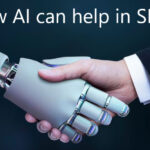



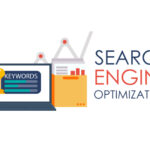




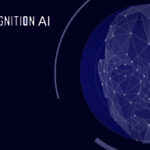
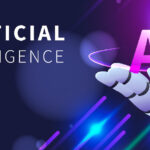


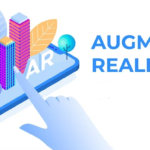




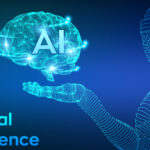


























Recent Comments